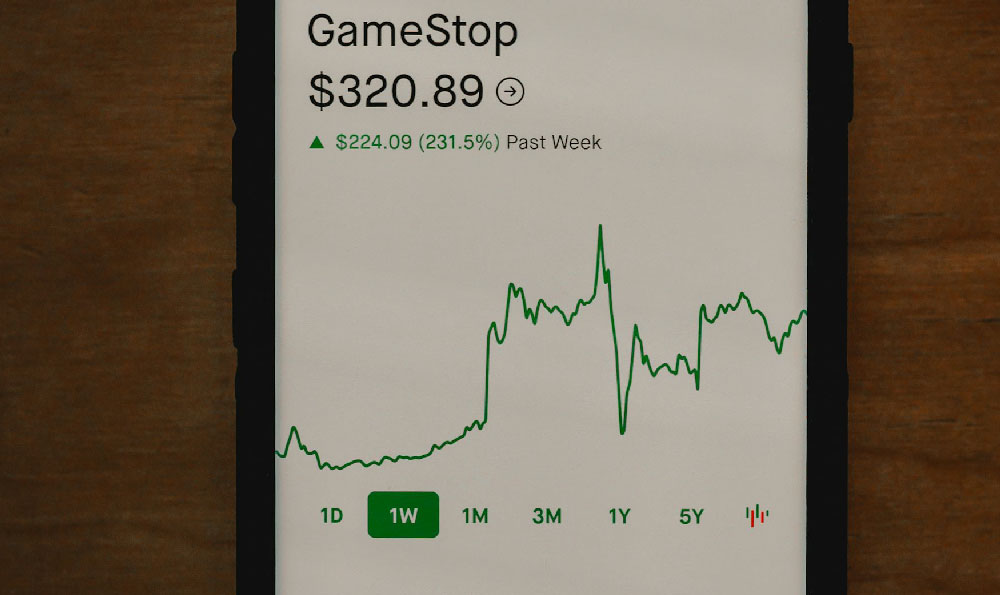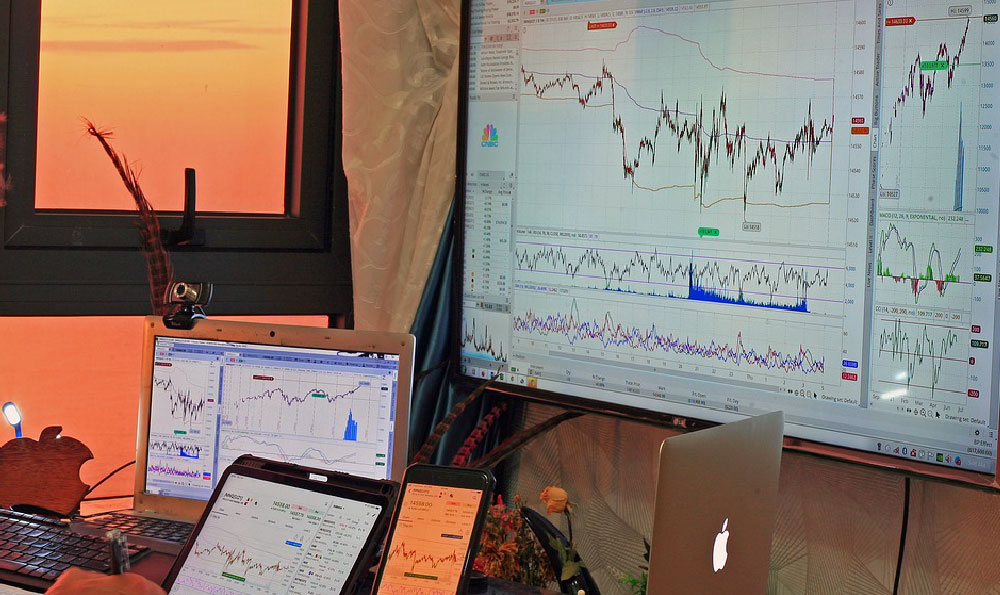welding salary high earning potential
The welding profession offers a compelling blend of craftsmanship, technical expertise, and financial reward that appeals to a wide range of individuals. As industries continue to rely on durable infrastructure, precision manufacturing, and innovative construction methods, the demand for skilled welders remains robust, creating opportunities for substantial income growth. While the base salary for welders varies widely depending on location, industry, and experience level, the potential for earning significantly above the average is considerable, especially for those who invest in continuous learning and adapt to evolving technologies.
Welding salary potential is not solely determined by the act of joining metal components—it is heavily influenced by the technologies and materials involved in the process. For example, welders who specialize in advanced fabrication techniques such as robotic welding, laser welding, or automated systems often command higher pay due to their ability to operate cutting-edge machinery. These specialized skills are particularly valued in high-tech manufacturing sectors where precision and speed are critical, such as aerospace, automotive, and renewable energy industries. In contrast, welders who focus on traditional methods may find their earning potential constrained by competition and limited demand for basic techniques, though there is still room for growth in certain niche markets.
The geographic scope of welding work also plays a pivotal role in shaping salary outcomes. Countries with booming infrastructure development, such as those in the Middle East and Southeast Asia, offer competitive wages to attract and retain skilled labor. Meanwhile, regions like North America and Western Europe provide stable employment opportunities with established standards for compensation. However, it is essential for welders to recognize that salary figures are not static—they fluctuate based on market conditions, economic trends, and the availability of skilled professionals. For instance, during periods of economic expansion, industries may increase wages to meet rising demand, whereas downturns could lead to stagnant or reduced earning potential.

Beyond traditional roles, the welding industry is witnessing a surge in non-traditional career paths that offer higher income potential. Employees who transition into roles such as welding inspector, project manager, or welding trainer often experience salary jumps due to their expanded responsibilities and specialized knowledge. Welding inspectors, in particular, play a critical role in ensuring the quality and safety of structures, which demands rigorous technical skills and a deep understanding of industry regulations. This combination of expertise and accountability makes them highly sought after, with salaries that typically exceed those of entry-level welders.
The integration of automation and digital technologies is reshaping the welding profession, opening new avenues for higher earnings. Welders who are proficient in operating computerized welding systems or using software for design and simulation may find themselves in high-demand positions with increased pay. Furthermore, the rise of remote work opportunities in areas such as welding consulting and digital project management is allowing professionals to work with global clients, thereby expanding their earning potential beyond local market constraints. These technological advancements are not only improving efficiency but also creating a more skilled and specialized workforce, which drives up wages across the board.
Workplace settings also significantly impact salary levels. Welders employed in specialized environments such as oil rigs, offshore platforms, or industrial plants often receive higher compensation due to the hazardous nature of their work and the critical importance of their role in these industries. In contrast, those working in less demanding environments like manufacturing facilities or repair shops may earn lower wages. However, even within these settings, there is potential for income growth through overtime, shift work, and project-based contracts. The ability to adapt to different work schedules and environments can provide additional financial rewards.
The long-term earning potential of welders is further enhanced by the industry's growth in high-tech and renewable energy sectors. With the increasing focus on sustainability and green technologies, there is a growing need for welders skilled in working with advanced materials such as titanium, aluminum alloys, and carbon fiber reinforced plastic. These materials require specialized knowledge and training, which can differentiate welders in the market and allow them to charge premium rates for their expertise. Additionally, the rise of 3D printing and additive manufacturing is creating new opportunities for welders to engage in innovative projects, potentially leading to higher income levels.
Ultimately, the welding profession offers a unique combination of opportunities and challenges that can lead to significant financial success for those who are committed to professional development and adapt to changing industry dynamics. While the base salary may vary, the potential for earning substantially above the average is clear, especially for welders who invest in specialized skills, remain adaptable to new technologies, and understand the nuances of different workplace environments. This balance between technical proficiency and strategic career choices makes welding an attractive option for individuals seeking both financial stability and professional fulfillment.















